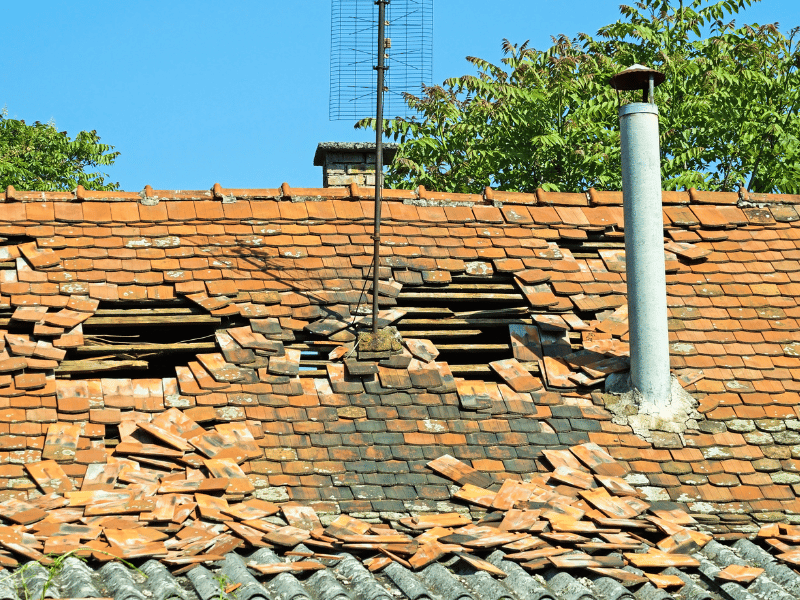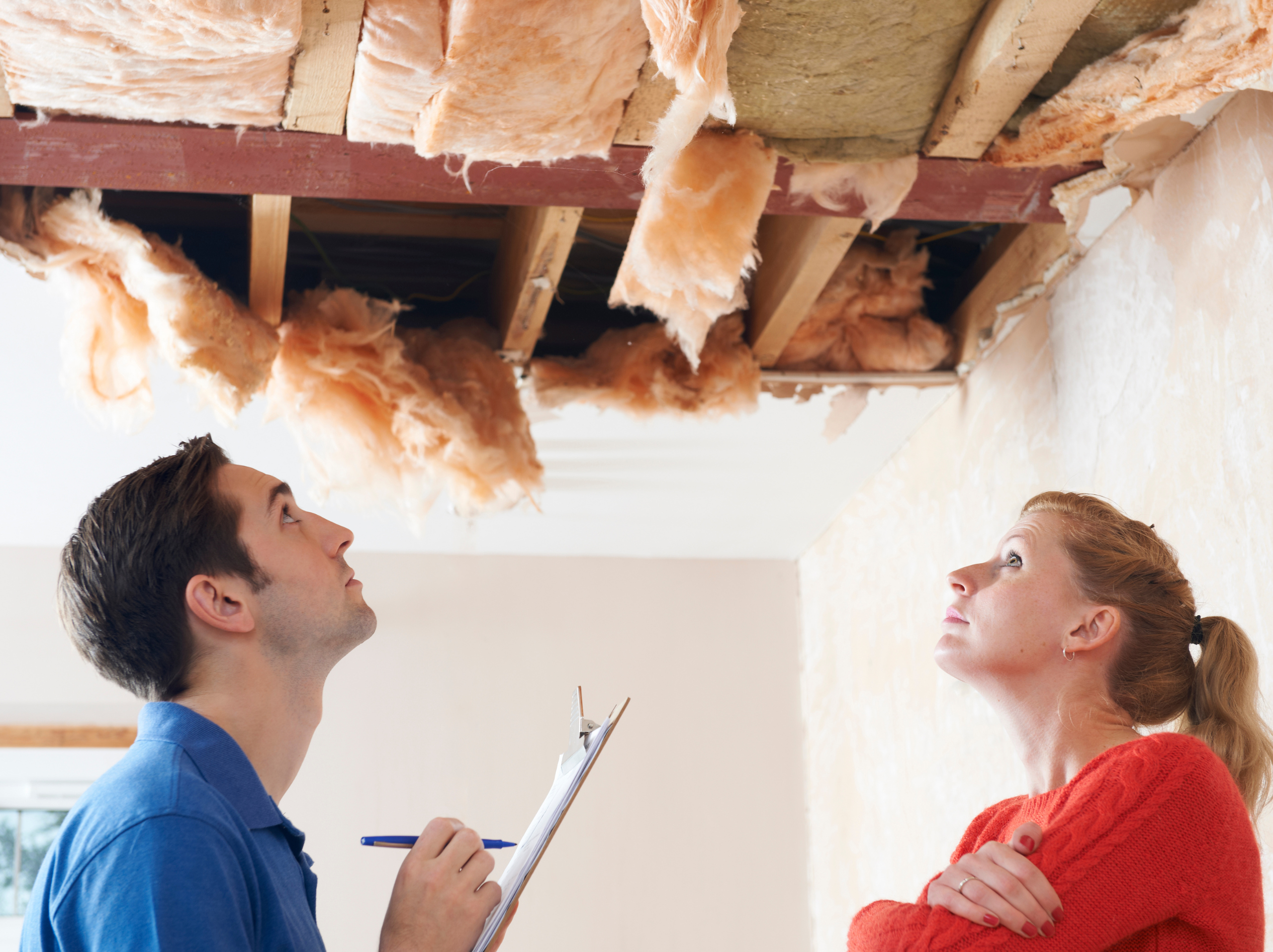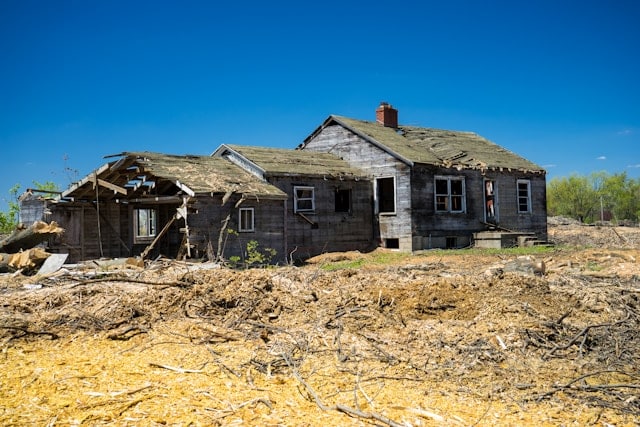Every region of the mainland United States experiences some form of severe weather and natural disaster. Whether it be a hurricane, tornado, blizzard, flood, or wildfire, it is imperative to be prepared so you can stay safe and avoid substantial damage to your home. Let’s take a look at how to prepare your home for extreme weather.
Look Over Your Insurance Policy
While the sun is shining, it is a good idea to review your insurance policies to ensure loss coverage in cases of natural disasters, which are often excluded from homeowners insurance. For example, water damage and flood damage are viewed separately, and your homeowners insurance will not cover flood damage from severe weather or a natural disaster.
Prepare an Emergency Kit
Now, this does not mean just a small box of bandages and extra batteries. If you are able to, you should designate an entire closet for emergency preparedness items. This will include bandages and batteries, but you will also need items like:
- A portable radio
- Flashlights, candles, matches
- First aid supplies and medicine
- Extra blankets
- Nonperishables
- Water
- Toilet paper
It is recommended to have at least a 3-day supply of food, water, and essential daily items. You may never need to use your emergency kit, but the peace of mind it offers will have you feeling more confident going into any severe weather situation.
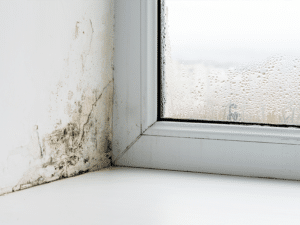
Make Sure Your Home is Properly Sealed
Doors and windows are the obvious points of entry for the elements, but you also want to make sure that your roof is well-maintained and that your home is structurally sound. Leaky roofs and basements can lead to extensive interior damage in the event of extreme weather.
In strong wind scenarios, you want to prevent powerful gusts from circulating through your home and creating updrafts that can threaten the roof and blow out windows.
Prep Your Pipes
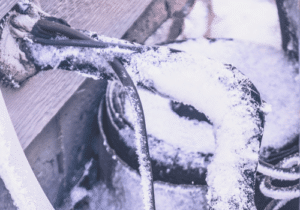
Don’t Neglect Your Landscaping
Keeping shrubbery and trees trimmed will prevent potential debris from flying through your window or smashing through your roof. If you have large trees in close proximity to your home, you may want to consider tree removal as they are not only susceptible to high winds that could send them crashing, but they are veritable lightning rods that could lead to a house fire.
What to Do if Your Experience Damage
Now that you’re aware of ways to prepare for inclement and severe weather, you should be able to minimize most damages caused by the elements. Total avoidance, however, is not always possible. In the event that you incur damages from strong storms or natural disasters, you will need help from expert restoration services like 24 Hour Flood Pros to assist in mitigating and restoring extreme weather losses.

